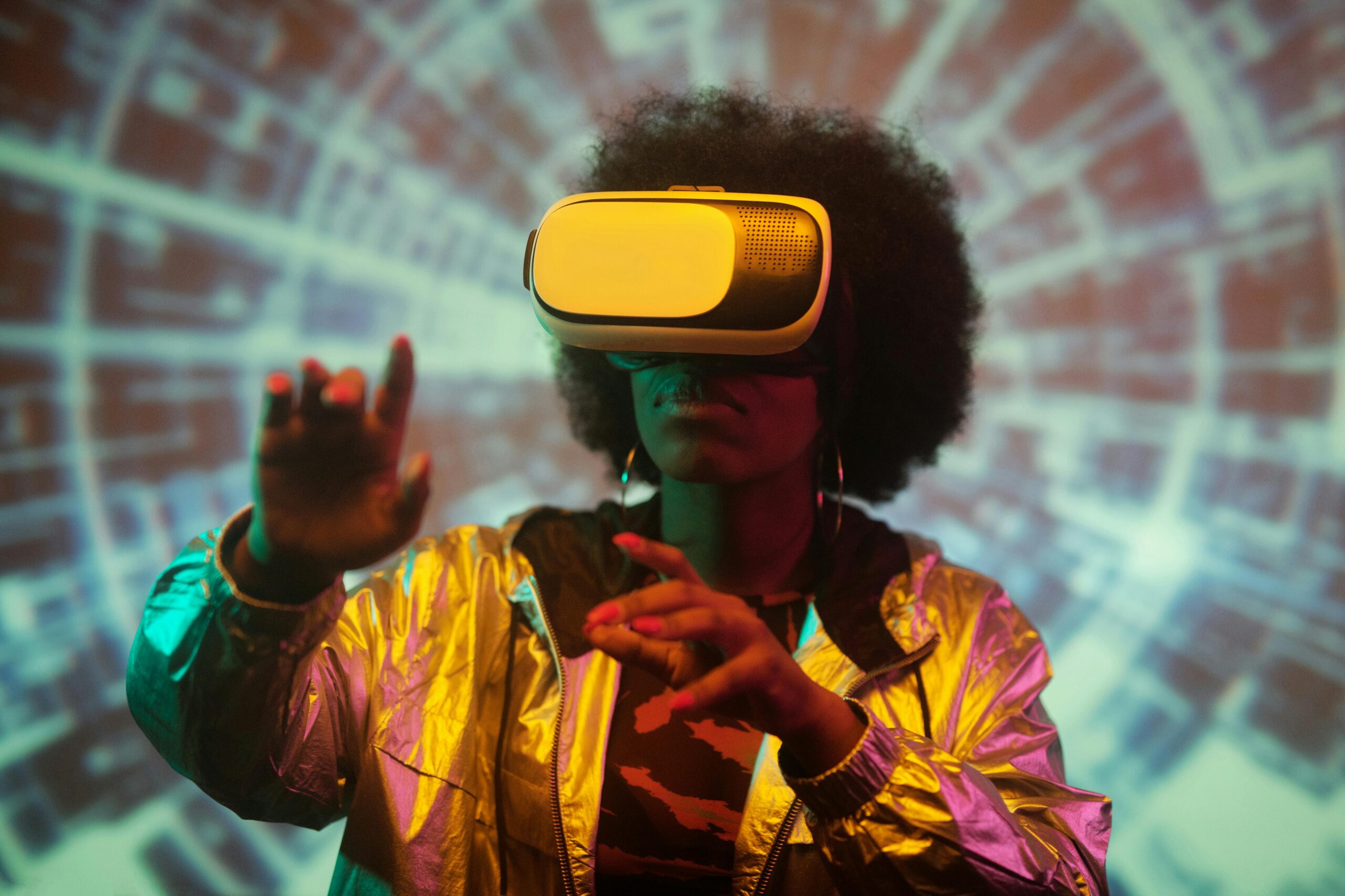The landscape of software development continues to evolve at an unprecedented pace. Beyond 2025, developers, organizations, and tech enthusiasts will encounter transformative trends that redefine how software is created, deployed, and experienced. Here are the key trends to watch:
1. AI-Driven Autonomous Development
AI will transition from being an assistive tool to an autonomous developer. Advanced AI systems will generate entire codebases, design complex architectures, and perform end-to-end testing, minimizing human intervention and accelerating delivery timelines.
2. Immersive Augmented and Virtual Reality (AR/VR)
AR/VR will become deeply integrated into software solutions, enabling immersive experiences for collaboration, education, healthcare, and entertainment. Development tools for AR/VR will evolve, making it easier to create high-quality, interactive applications.
3. Decentralized Software Architectures
Blockchain and decentralized architectures will see broader adoption, promoting trustless systems where data ownership and control reside with users. Decentralized applications (dApps) will power industries like finance, identity verification, and digital rights management.
4. Post-Quantum Cryptography
As quantum computing capabilities expand, securing software against quantum threats will become critical. Post-quantum cryptographic algorithms will be integrated into systems, ensuring data protection against potential breaches.
5. Hyper-Personalized Applications
With advancements in AI and data analytics, applications will offer hyper-personalized experiences. From adaptive interfaces to predictive features, software will dynamically tailor itself to individual user preferences and behaviors.
6. Green and Sustainable Software Development
Sustainability will play a significant role in shaping development practices. Energy-efficient coding, optimizing server usage, and adopting eco-friendly technologies will become integral to reducing the carbon footprint of software solutions.
7. Bio-Integrated Computing
The convergence of biology and technology will give rise to bio-integrated software. Innovations like brain-computer interfaces (BCIs) and bioinformatics applications will redefine human-computer interactions and open new frontiers in health and neuroscience.
8. Fusion of Development and Operations (DevOps 2.0)
The next evolution of DevOps will integrate advanced AI, IoT, and real-time analytics, automating the software lifecycle even further. Continuous everything (integration, deployment, monitoring) will ensure resilience and agility in software systems.
9. Digital Twin Ecosystems
Digital twins will extend beyond single entities to interconnected ecosystems, simulating entire cities, supply chains, or industries. Developers will leverage these systems for precision testing and optimizing real-world operations.
10. Ethical and Inclusive Design
As software impacts broader demographics, ethical considerations will shape its design. Inclusive interfaces, bias-free algorithms, and transparent decision-making will become non-negotiable aspects of development.
Preparing for a New Era
Beyond 2025, software development will blur the lines between technology and humanity, opening unparalleled opportunities and challenges. Staying informed and adaptable will be key for businesses and developers to thrive in this dynamic environment.
At PoterbyTech, we are committed to pioneering innovative software solutions that align with these emerging trends.
Let’s build the future together. Contact us today to explore how we can help your business stay ahead in a rapidly evolving technological landscape.


